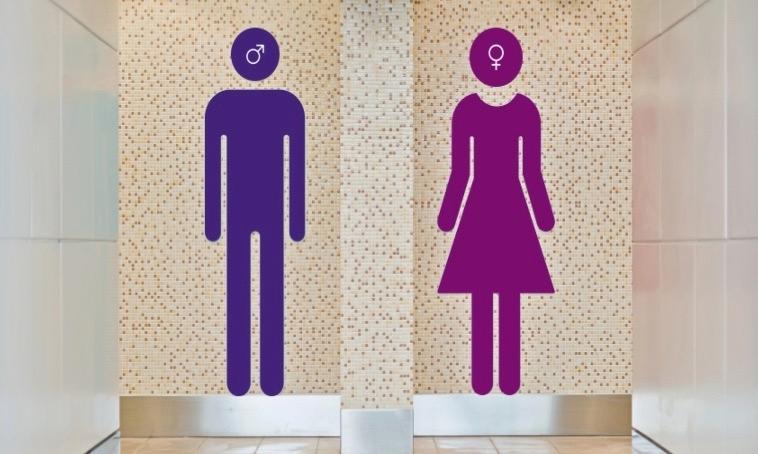The UK’s advertising watchdog has said it will ban “gender stereotypes that are likely to cause harm, or serious or widespread offence.”
The Committees of Advertising Practice (CAP) said in a Dec. 14 statement that harmful stereotypes in ads “contribute to how people see themselves and their role in society,” and can hold people back.





